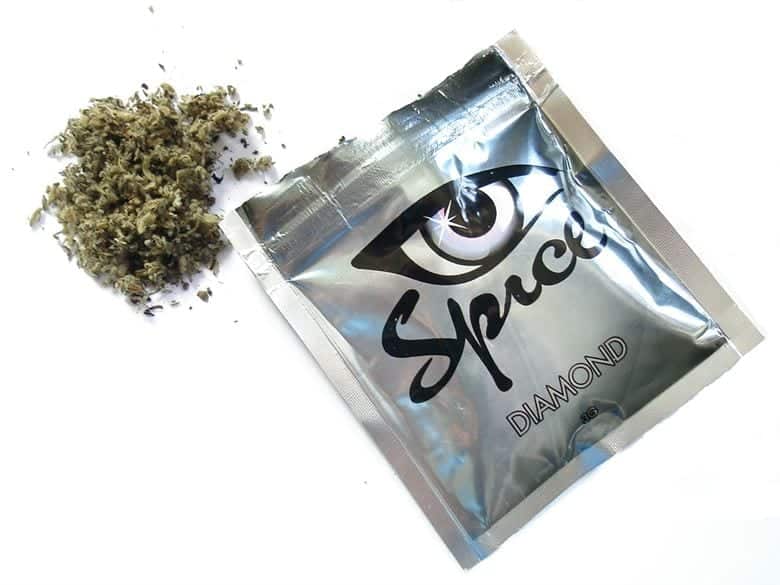Owners of a renowned Dallas-based “headshop” (a retail outlet specializing in paraphernalia for the consumption of cannabis and/or tobacco), the Gas Pipe, were recently acquitted of drug trafficking charges after being accused of directly contributing to what was dubbed the “zombie apocalypse” among drug users in the Dallas/Fort Worth area.
The owners didn’t walk away from court scot-free, however. They are going to spend three years behind bars after entering guilty pleas to lesser charges for misbranding controversial synthetic marijuana products, better known as “spice.”
Headshop Owners Misbranded Controversial Synthetic “Spice”
Synthetic marijuana products known by street names like “K2” and “Spice” aren’t new. Their effects have been known for more than a decade. It seems, however, that the product’s recognized lethality did not stop Gas Pipe owners from continuing to sell it. Sort of.
What does that mean?
Dueling testimony from chemists left the judge and jury to sort out something of a complex chemistry lesson—a complexity that cast a shadow of a doubt on prosecutors’ arguments, rendering the current state law on this issue ineffective.
Specifically, the Gas Pipe’s attorneys pointed out that the chemical makeup of what their clients sold didn’t exactly match “Spice,” and that current “analogue” laws are so vague that scientists cannot agree on what is prohibited.
The owners of the headshop were originally facing life in prison, but their case has demonstrated that even minor molecular adjustments can place successful prosecution on drug trafficking cses in jeopardy, creating a major loophole in federal drug trafficking laws.
The Current Federal Analogue Act Allows Dealers to Stay a Step Ahead
Otherwise known as the Federal Analogue Act, U.S. Code 813 covers the current treatment of controlled substance analogues.
According to federal law, “a controlled substance analogue shall, to the extent intended for human consumption, be treated, for the purposes of any Federal law as a controlled substance in Schedule I.”
The half page statute outlines the following considerations when determining whether an analogue substance should be deemed as okay for human consumption:
- Whether it is (or is not) marketed, advertised, or labeled as such
- The known efficacy or usefulness when used as intended
- Pricing compared to the product it is supposed to mimic
- Whether the product is manufactured and distributed through legitimate channels
- Whether the product was developed to evade current drug laws
Essentially, as it stands, as long as Spice dealers continue making enough changes to products so that they are not “substantially similar” to their illegal counterparts – and they are completely transparent about those changes – they can legally remain a step ahead of the DEA.
Relevant Conduct or Unconstitutional Shortcut?
Once prosecutors lost their footing in the Gas Pipe case, they tried in the sentencing phase to increase the defendants’ culpability with a “relevant conduct” argument—an attempt to enhance the comparatively light punitive measures after drug trafficking convictions were off the table. The judge did not buy into the argument, though.
The concept of relevant conduct is a controversial one. This provision allows prosecutors to seek tougher punitive measures during federal sentencing by introducing evidence related to criminal activities that never resulted in charges.
During this phase of sentencing, only the federal judge has a say about whether a defendant is guilty of those additional crimes. Many believe this is “an unconstitutional short-cut.”
In the Gas Pipe case, the judge stated “if the government thought it could prove [the owners] broke the law by selling a product with [this particular chemical make-up], it should have charged them with it rather than try to hold it against them at sentencing.”
Against the backdrop of mounting scrutiny of pharmaceutical providers themselves, we imagine the acquittal in the Gas Pipe case will draw greater federal attention to – and ultimately closing – this long-standing legal loophole.
For now, however, if you are accused of trafficking in an analogue substance, this may be a viable argument that an experienced Texas criminal defense attorney can make. If you have questions or concerns about drug trafficking charges, reach out. We are always happy to provide a case review at no charge.





